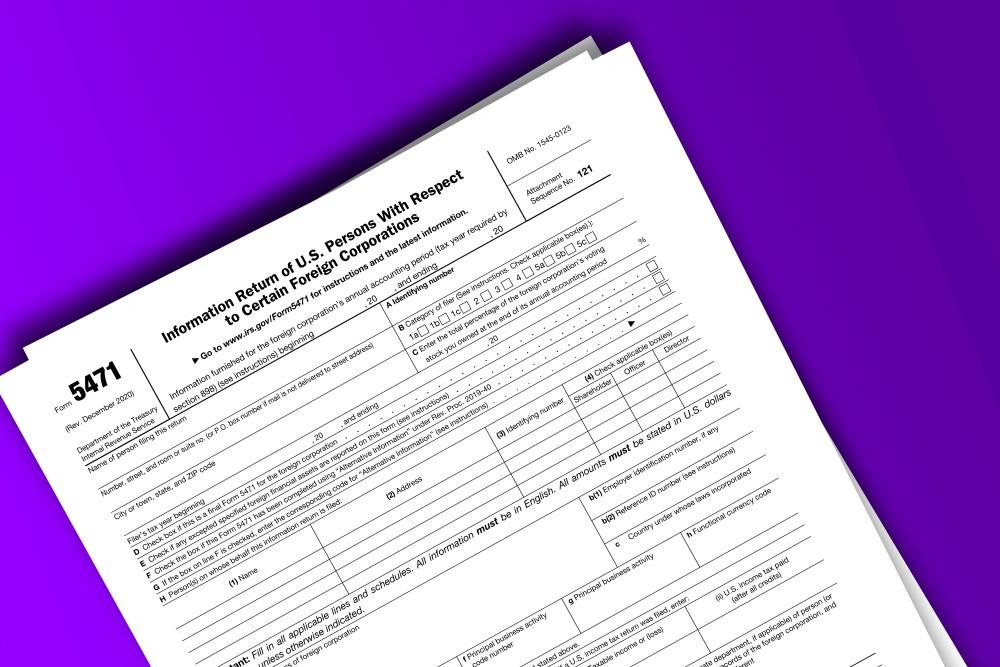So, you failed to file or failed to pay your taxes for the first time in your life and now the Internal Revenue Service is hitting you with a penalty. Guess what? With the First-Time Penalty Abatement waiver, this mishap may be forgiven. History of the First-Time Penalty Abatement Waiver Back in 2001, the IRS introduced the First-Time Penalty Abatement waiver (“FTA”) to assist taxpayers dealing with federal tax issues. The purpose of FTA is to ensure compliance for typically responsible taxpayers by providing a one-time waiver; however, FTA can only abate three types of penalties: Failure to Pay (IRC §...
Tax levies are scary and are extremely debilitating for all taxpayers. Levies involve the actual seizure of property to satisfy a tax debt. Under Internal Revenue Code (“IRC”) 6331(a), the IRS has the right to seize and sell “all property and rights to property.” This means real or personal property and tangible or intangible property, including items such as a personal vehicle and residence, as well as wages, investment assets, receivables, and bank accounts. When the IRS first levies a taxpayer, the agency will follow a set process: The tax must first be assessed;The taxpayer will be...
In Texas and eight other states, community property laws govern the interests of spouses in property and income acquired or earned during their marriage. In general, community property laws affect how a couple will figure their income on their federal income tax returns if they are married, yet file separate returns. While there are benefits to filing a single tax return – married filing jointly – sometimes it can be to the couple’s advantage to file separate returns. Ultimately, however, filing of separate returns can result in one spouse having to disproportionately pay taxes. Under Internal Revenue Code (“IRC”) §...
With the COVID-19 pandemic, many taxpayers had the luxury of working from home. Companies have since changed their in-office policies to allow employees the continued ability to work remotely. Some employers have even altered their policies entirely, allowing employees to permanently work remotely. With all the extra time no longer spent in traffic or at the water cooler, some people have seized the opportunity to chase their dreams and take on new hobbies or open a side business. It is important to understand the tax consequences of these side businesses. According to Internal Revenue Code (“IRC”) § 162, ordinary and necessary...

Now that tax season is over and many CPAs are "relaxing" by getting back to their regular 10-12 hour days (or hopefully taking some well-deserved vacation), I thought it was a great time to share an article published in the Journal of Accountancy entitled "10 situations when a CPA should call "timeout"" that essentially lays out a list of instances when CPAs might be in situation where calling in legal counsel is in their (and more importantly their client's) best interest. It's a well-written but somewhat long article, and it was published on April 13th, so I feel pretty confident that most CPAs didn't even notice it then because they were pretty busy to put it lightly. Here's a link to the article:http://www.journalofaccountancy.com/issues/2015/apr/when-tax-accountants-should-call-legal-counsel.html
Pretty interesting article from Jeff Simpson of taxprotoday.com outlining the various reasons different people either hate, fear, or just simply try to avoid the Internal Revenue Service. What may surprise some is that one particular study demonstrates that an individual's political party affiliation seems to coorelate pretty well with their overall opinion of the agency. Click here to take a look. As a practicioner that has dealt with the agency and its employees for years now, there's no doubt the massive budget cuts and personnel reductions over the last few years have certainly had an impact on the IRS' handling of its administrative functions, including in the tax audit and appeals arena where we deal...





